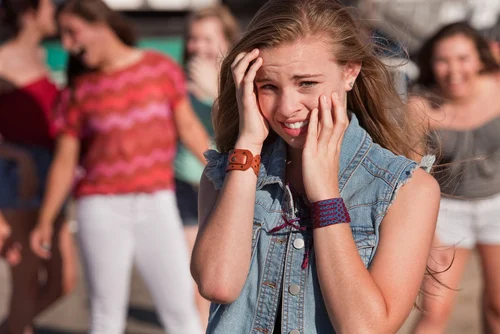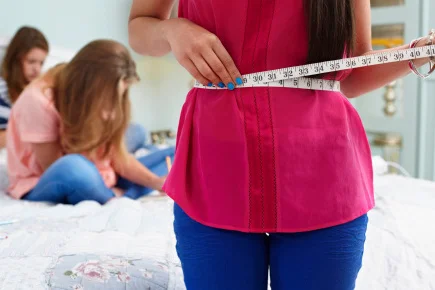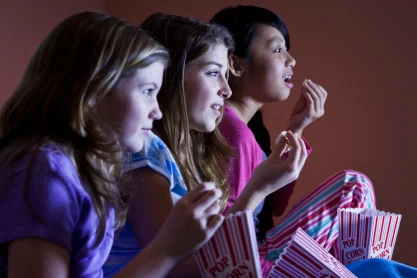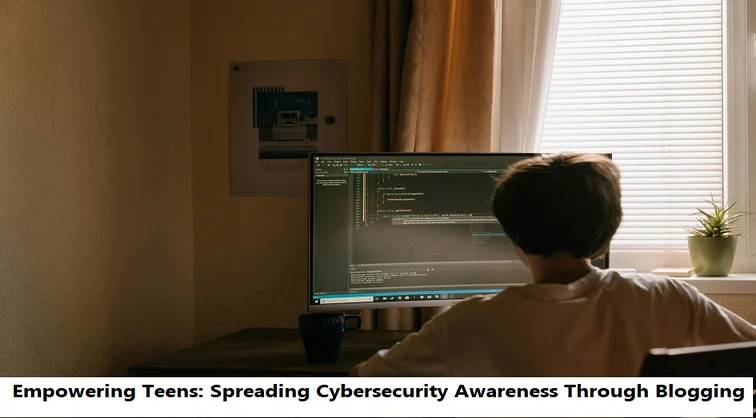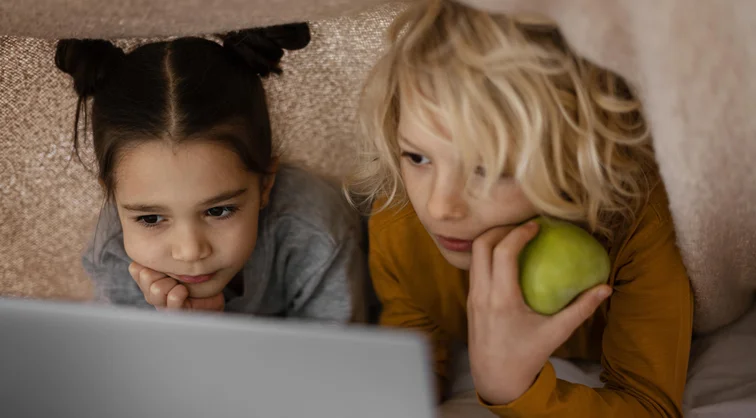+1 845 259 2974 (11 a.m to 7 p.m CST)
Learning to look at the bright side of peer pressure
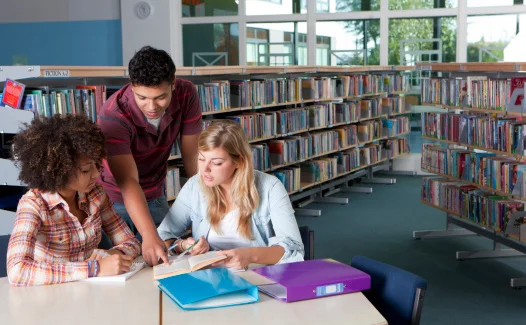
The term ‘peer pressure’ can make the best parents break into an uncomfortable sweat. Usually most parents concentrate on the negative impacts of peer pressure to such an extent that they fail to look at the other side of the phenomenon, which is called positive peer pressure. Put simply, it is the positive impact that peers have on the behavior of children and how it prevents kids from adopting bad habits. Positive peer groups reinforce confidence levels in children, so much so that kids within these groups develop close friendships for life.
Stepping into teen years
Teen years are tough as a nut. Maybe that’s why a teenager can sometimes prove to be a hard nut to crack. Teenagers are constantly trying to figure out a sense of direction for the future, assess their strengths and weaknesses, and striving hard to understand their place in the world. Consider yourselves lucky, if your kid’s immediate peers are upright and sensible people. One fact from among the many positive peer pressure facts is that it can be beneficial for children in the long run. You can bet on it!
Hear! Hear!
Parents might not hear things about positive influence of a peer group in shaping the character and personalities of children. Following are some of the good things associated with peer pressure:
Lasting impression: Peers can make valuable friends in these groups. Teens will try to make a lasting impression on group members to gain their acceptance. The bonds that are forged here can last for a lifetime.
All that is good: Peers can set good examples for each other. If your kid hangs around peers who are committed to excel at school by giving it their best shot, chances are that he/she would become more goal-oriented. Further, these groups can also make a child understand the meaning of kindness and loyalty.
Support network: Supportive friends will stop their close buddies from breaking under peer pressure in parties where the urge to conform is the strongest.
Free advice: Friends can provide valuable feedback to your child and help him/her discuss their problems and make sensible decisions. Friends are usually quick to inform their pals about mistakes.
Encouragement works: A good peer group encourages a child to follow his/her dreams and keeps them on track. They are also the best people to have around when a kid feels upset or conflicted.
Socially active: The peer group of your child might provide him/her with the opportunity to meet new people and polish their social skills. Expanding one’s circle of friends creates the right opportunities to bond with classmates or teammates, build relationships, and learn problem solving. In the end the teenager will do the selection and keep the peers that they think can walk some distance with them.
A whole new world: Positive peer groups can help your kid get involved in clubs, sports, or other productive groups. These friends would make the children try out a new dish, play a new sport, listen to different genres of music, and the list goes on. They also provide vital moral support when another friend needs it the most.




